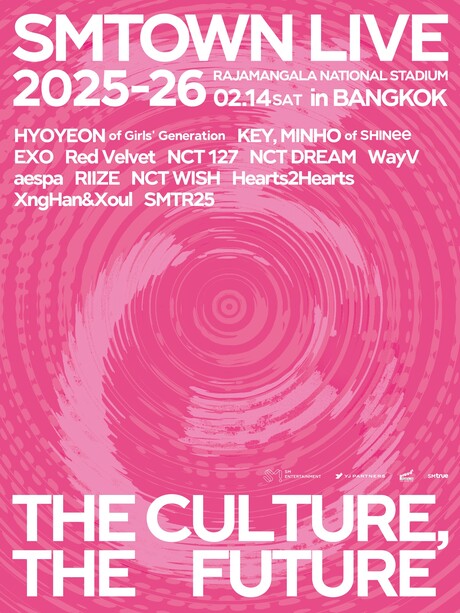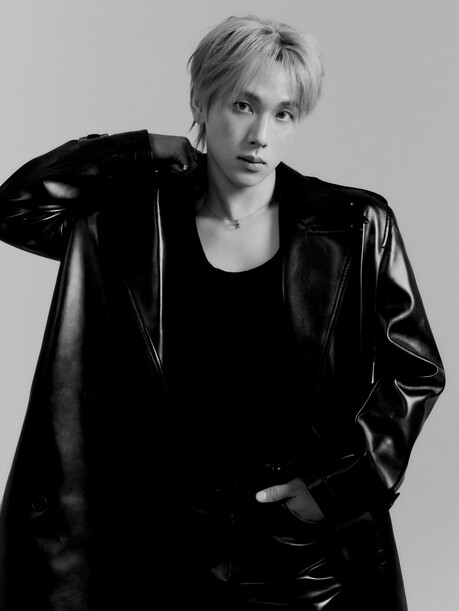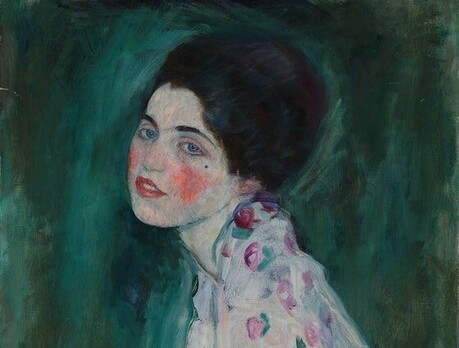Ireland is set to introduce a permanent basic income program for artists in 2026, following the success of a three-year pilot program that provided creative professionals with monthly payments of approximately $1,500. The Irish government announced this groundbreaking decision as part of its 2026 budget plan, making Ireland one of the first countries to establish a permanent guaranteed income system specifically for the arts sector.
The pilot program, which began in 2022, distributed weekly stipends of 325 euros (approximately $370) to around 2,000 artists across Ireland. Originally scheduled to conclude in August of this year, the program received an extension until February 2026 from Patrick O'Donovan, Ireland's Minister for Culture, Communications and Sport. This extension allowed officials to gather more comprehensive data about the program's effectiveness and long-term viability.
Participants in the pilot program reported significant improvements in their daily lives and creative work. According to a government report published in May, the basic income payments successfully reduced financial stress among recipients, enabled professional development opportunities, and promoted better mental health outcomes. These positive results provided strong evidence supporting the program's continuation and eventual permanent implementation.
Ireland's initiative represents part of a broader global trend toward guaranteed basic income programs, which provide recurring, unconditional payments to specific population groups. These targeted programs differ from universal basic income proposals that would extend payments to entire populations. Interest in such programs has surged since the COVID-19 pandemic and the emergence of artificial intelligence technology, with leading AI experts advocating for basic income as a way to mitigate potential job displacement caused by technological advancement.
"The Basic Income for the Arts pilot, which I extended this year, will conclude in 2026, and I will present a successor system to government with the aim of embedding a permanent basic income in the arts and cultural sector," O'Donovan stated in the government's announcement. He emphasized the program's international significance, noting that "this system, which the world envies and which represents an enormous achievement for Ireland, must be future-proofed and sustainable."
Maura McGrath, Chairperson of the Arts Council in Ireland, praised the government's decision to establish permanent funding for artists. "The Arts Council particularly welcomes the continued investment in the Basic Income for the Arts, which provides artists with the stability to develop their practice, innovate, and make a significant contribution to the Irish cultural landscape," McGrath said in her statement. She expressed the council's commitment to working with Minister O'Donovan and ministry colleagues to optimize opportunities for artists, creators, and audiences.
The success of Ireland's pilot program adds to growing evidence worldwide that basic income programs can provide meaningful support to vulnerable populations. As the country prepares to implement its permanent arts basic income system in 2026, other nations are closely watching to see how this innovative approach to supporting creative professionals will evolve and potentially serve as a model for similar initiatives globally.






























